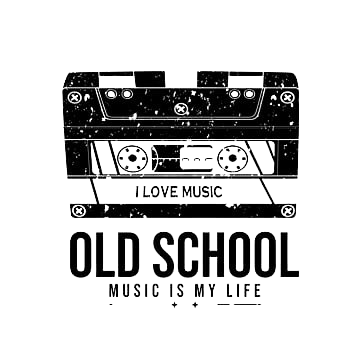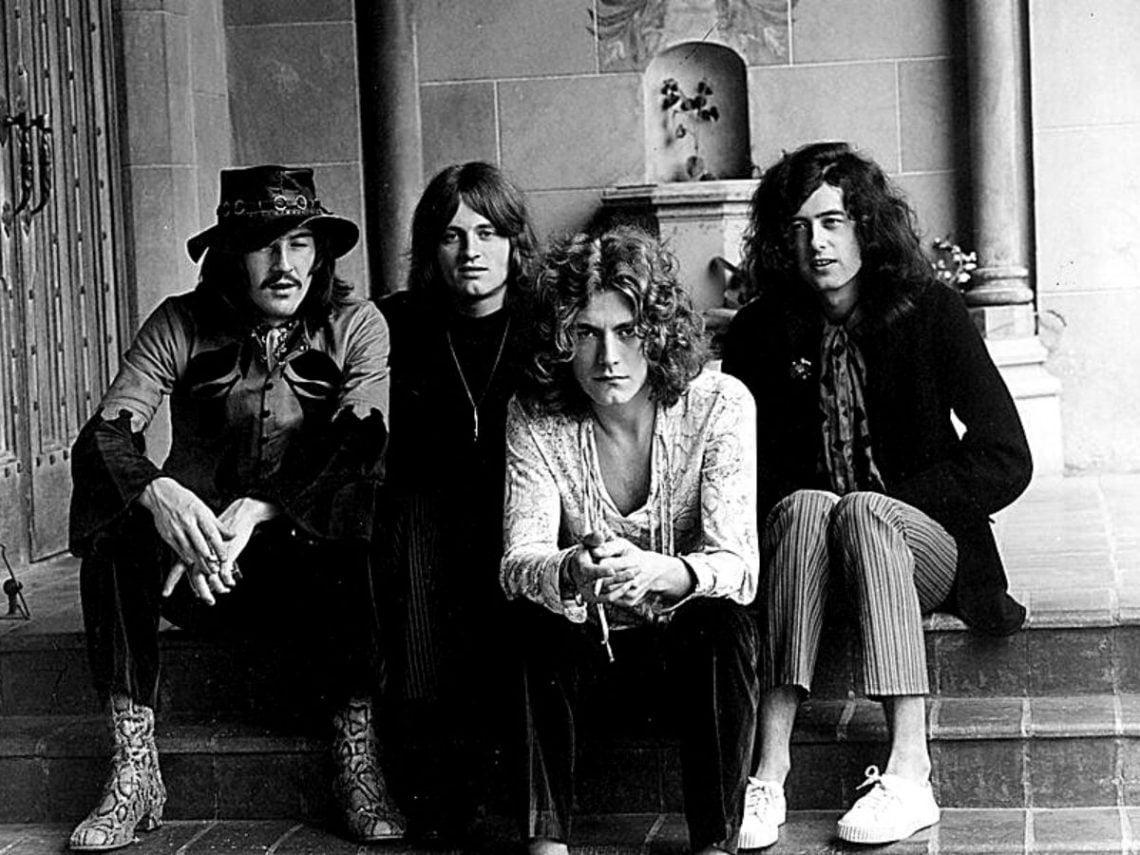Led Zeppelin’s fourth studio album might be most famous for the all-out hard rock of opening tracks ‘Black Dog’ and ‘Rock and Roll’, as well as the slow-burning firepower of ‘When the Levee Breaks’, and, of course, the ethereal majesty of ‘Stairway to Heaven’. But ‘The Battle of Evermore’ is an underrated favourite for many fans, as well as the band’s singer Robert Plant.
In complete contrast to the thunderclaps and stratospheric reaches of Led Zeppelin IV’s other songs, the piece features little more than the earthy Celtic folk tones of a mandolin. Alongside Robert Plant’s close harmonising with Fairport Convention’s Sandy Denny in one of the very few appearances by a guest artist on a Zeppelin song, this fleet-footed instrumentation brings pastoral charm to a song that, in lyrical terms, beats the drums of war louder than anything else on the album.
There’s a sense that Plant and his co-singer are narrating a sweeping epic cycle to families of villagers gathered around a campfire. War may be the “common cry”, as Plant gives his listeners the order, “Pick up your swords and fly,” but these lines feel like rhetorical devices designed to bring a faraway mythical battle back to life. War isn’t for the present day but for the historic present.
It’s fitting, given that the war Plant is singing about never actually happened. It sounds as though ‘Evermore’ could suit a fictionalised or dramatised narrative of Agincourt or Bosworth Field, but that’s not what’s going on here. Zeppelin’s lyricist has taken his inspiration from the realm of pure fantasy, as compelling as that realm appears in this context.
So, he just made it up?
Plant didn’t just suck this legendary battle out of his thumb, however. He draws heavily on Tolkien’s high-fantasy novel The Lord of the Rings, including specific details in certain lines of the lyrics that indicate exactly which battle he’s referring to. They open with a reference to the “Prince of Peace”, a heroic moniker for Aragorn, the Ranger of the North in Tolkien’s novel. In the second verse, he and Denny sing about “the dark Lord”, a common epithet for Sauron, the evil antagonist in the book. And they later mention “Ringwraiths” who “ride in black”, namechecking the nine men under Sauron’s control.
Lord of the Rings fans pinpoint Plant’s descriptions as a lyrical account of the Battle of the Pelennor Fields, which serves as the climactic battle in the War of the Ring during the third volume of the novel. This account follows a slightly less faithful reflection of the geopolitical situation in Middle Earth in the lyrics of the song ‘Ramble On’ on Led Zeppelin II.
It’s not just Tolkien’s story that inspired Plant’s words. The legendary island of Avalon, the place where the sword Excalibur was forged in Arthurian legend, which also appears in the works of Geoffrey Chaucer, gets a mention, too. The frontman seems to have played around with mythical imagery without much care for its relation to any pre-existing narrative structure. ‘The Battle of Evermore’ is Led Zeppelin’s most extensive musical rendering of Tolkien’s fantasy world, nonetheless.

